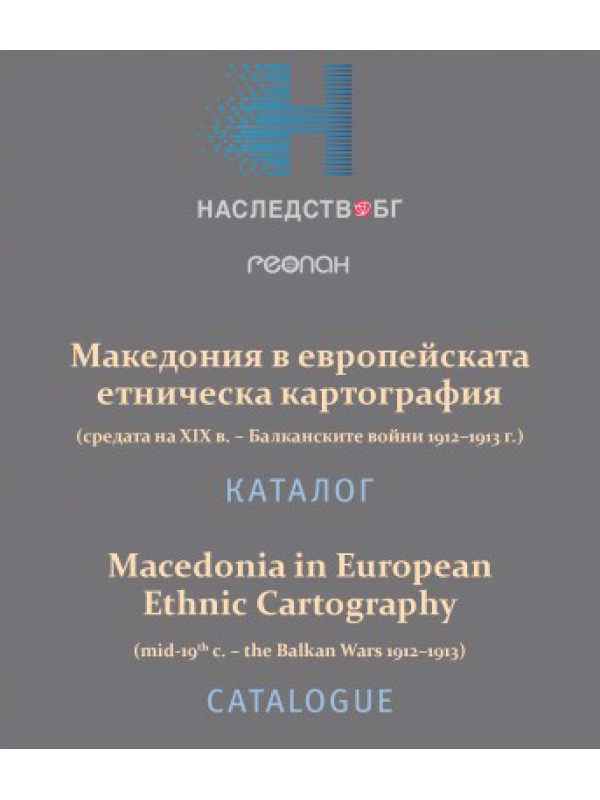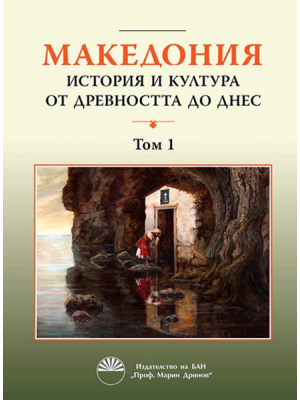Your shopping cart is empty!
Macedonia in European ethnic cartography
40.00лв
Qty:
Macedonia in European ethnic cartography (mid-19th c. — the Balkan Wars, 1912—1913): Catalogue of an exhibition
Македония в европейската етническа картография (средата на XIX в. — Балканските войни 1912—1913 г.)
Language: English, Bulgarian (bilingual)
The collection of ethnographic maps we show here, chronologically begins in the mid-19th c. and ends with the Balkan Wars. The period is comparatively short, but rife with events. For a long time, European cartography had kept alive the long outdated traditions of antiquity and depicted on its maps peoples long fallen in oblivion: Thracians, Illyrians, Dardans, Peons, Makedons etc. The first map which tried to delineate the contemporary nations living in the central part of the peninsula, appeared around mid-19th c. The problem was that not much was known about the real ethnic picture here. The problem becomes even more difficult if we have in mind that the nations in the Balkans not only lived next to each other but more often intermixed with each other. The upper chronological limit is defined by the political realities. We can assume, though with a grain of salt, that in the 19th and the beginning of the 20th c. considerable number of the cartographers did not carry out political tasks, or at least, they did not think of themselves as minions of politics. The situation radically changed after 1913. Macedonia was divided between Greece, Serbia and Bulgaria. Each of these states claimed that the indigenous population of their territory is Greek, Serbian or Bulgarian. A year later, the outbreak of WWI changed the mood of cartographers. Volens nolens they had to follow the national policies of their countries and to eagerly support the demands of their allies. Thus, the French, the British and to a lesser scale the Italian cartographers changed willingly some of their views, insomuch as the change was buttressed solidly by financial donations of Athens and Belgrade. The German and Austrian cartographers, in general, continued to support, at least to a certain extent, the Bulgarian claims.
| Details | |
| Publisher | Bulgarian Bestseller |
| Language | Bulgarian, English |
| Pages | 120 |
| Illustrations | b/w and color figures |
| Binding | paperback |
| ISBN | 978-954-463-284-7 |
| Creation date | 2023 |
| Size | 20 х 28 cm |
Write a review
Your Name:Your Review: Note: HTML is not translated!
Rating: Bad Good
Enter the code in the box below:
© “Bibliophilia” Ltd. / © „Библиофилия“ ЕООД













